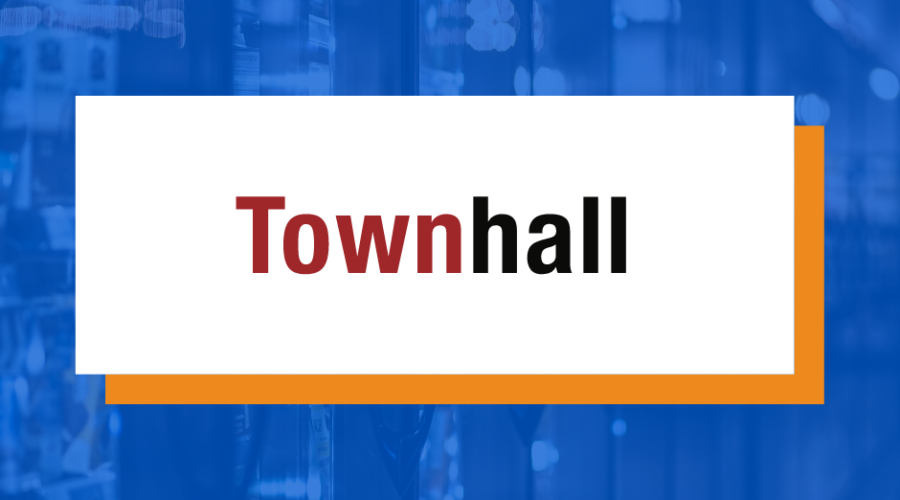De-Banking Is an Avoidable Consequence of Strict Financial Regulation
In the modern world of finance, regulation has become the name of the game. Governments across the globe, particularly in the United States and Europe, have ramped up their efforts to ensure that banks operate under a single set of strict rules and guidelines. While this may seem like a necessary step to curb financial misconduct, it has inadvertently led to a surge in compliance costs and an alarming increase in the debanking of customers. Nigel Farage’s high-profile case may have captured headlines, but the real victims are the countless individuals and businesses losing access to their bank accounts due to sloppy risk management.
The U.S. Treasury Department rightly recognizes the potential dangers of de-risking, which refers to the indiscriminate termination or restriction of business relationships with broad categories of customers over “compliance” concerns. In a reportmandated by the Anti-Money Laundering Act of 2020, the Treasury Department shed light on the adverse consequences of de-risking.
They found that it poses not only a threat to national security but also disrupts the very fabric of the financial system, driving legitimate financial activities away from regulated channels.
Deputy Treasury Secretary Wally Adeyemo emphasized that “broad access to well-regulated financial services is in the interest of the United States.” This statement underscores the importance of striking a balance between regulation and access to financial services. Risk mitigation must have limits.
The heart of the issue isn’t the profit motive of banks, but more so the overwhelming burden of compliance costs and poorly written regulations directed at banks’ customers. Banks, as profit-driven entities, must allocate their resources efficiently. When compliance costs skyrocket due to complex and ambiguous regulations, they are forced to cut corners, often resulting in the hasty termination of customer accounts as a risk-mitigation measure.
It’s not uncommon for this to be an automated process, similar to the automation of content moderation on social media platforms, which so often leads to deplatforming without transparency or explaination.
Everyday consumers, small and medium-sized money-service transmitters, and nonprofit groups operating in high-risk jurisdictions bear the primary burden of de-risking policies. These entities are the lifeblood of many communities, enabling remittances, facilitating humanitarian aid and disaster relief, and providing financial resources to low- and middle-income populations.
What a human supervisor within a bank might understand as the flow of money between international nonprofits, an automated system developed for de-risking might flag as money-laundering. The old adage of “If it looks like a duck, swims like a duck, and quacks like a duck, then it probably is a duck” does’t apply well to regulating global finance.
The Treasury Department’s report offers a glimmer of hope by suggesting policy recommendations to address the issue.
It advocates for consistent supervisory expectations of anti-money laundering regulations, and support for international financial institutions’ efforts to combat de-risking. However, these recommendations must translate into tangible actions to make a real difference.
One of the most troubling aspects of de-risking is the lack of transparency and accountability in the process. Banks tend to operate as judge, jury, and executioner when it comes to terminating customer accounts. They often fail to engage in meaningful dialogue with their customers, leaving them without recourse or the opportunity to address concerns or rectify perceived compliance issues. More competition in the banking system and allowing more market entrants such as neo banks would boost choice and enable business models around serving consumers with a higher risk profile.
In the quest for a safer and more transparent financial system, it is crucial that regulators and banks find a middle ground. While compliance is vital, it should not come at the expense of legitimate businesses and individuals.
Clear, concise, and fair regulations, coupled with a willingness to engage with customers in the debanking process, can go a long way in mitigating the negative impacts of de-risking.
It is high time for regulators and financial institutions to heed the call of Deputy Treasury Secretary Adeyemo and work collaboratively to strike a balance between stringent compliance and maintaining broad access to well-regulated financial services. The livelihoods of countless individuals and businesses depend on it, as does the national interest.
Originally published here








